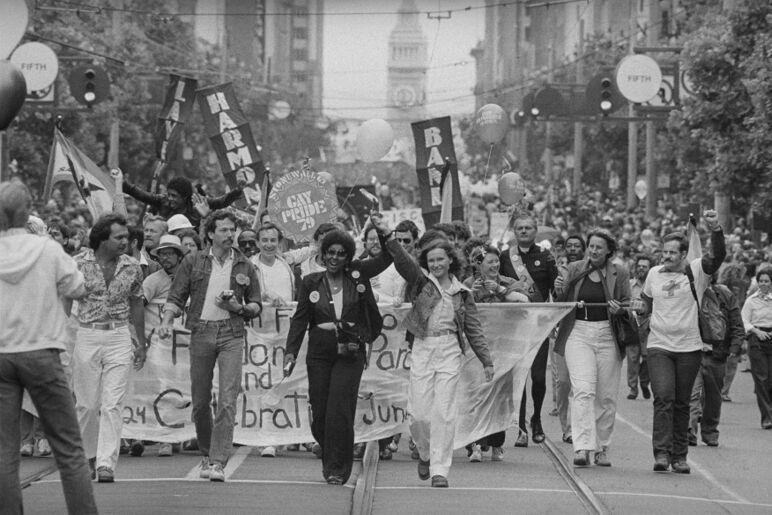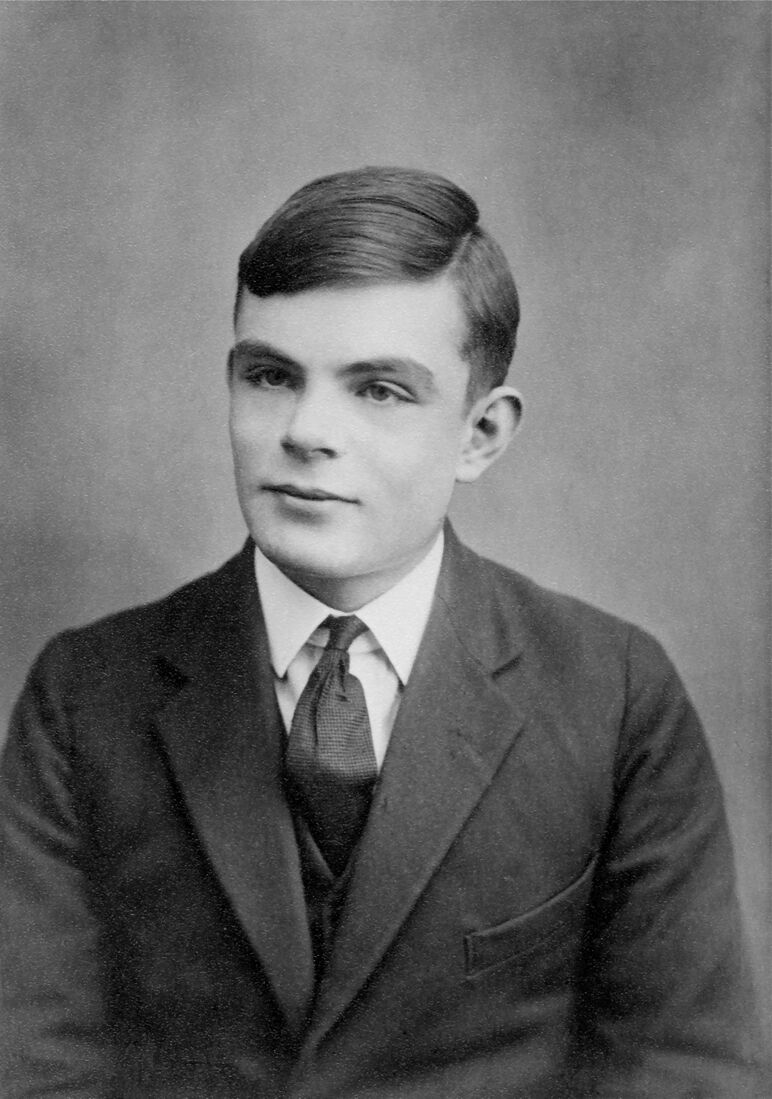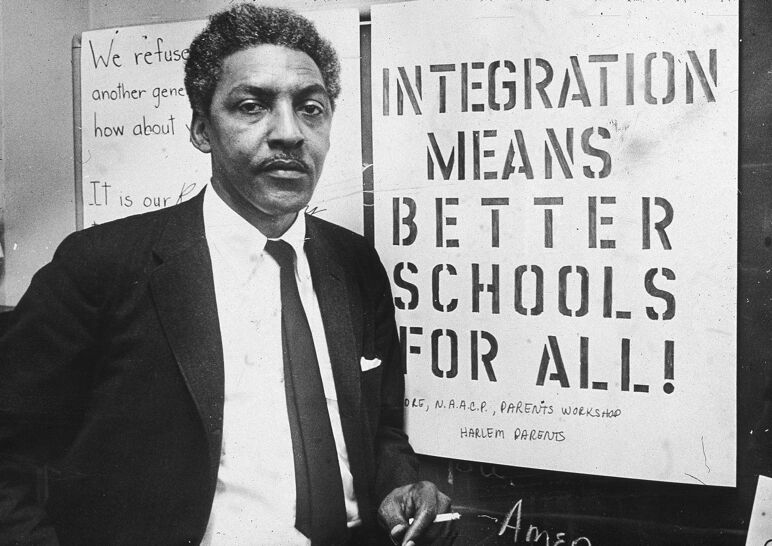

Pride Month is a celebration of gay culture and history. But for many young LGBTQ+ people, their queer origins remain a mystery. Even with the abundance of out figures in pop culture and public life, information about the gay rights movement or any queer artifact are absent from most textbooks.
With the current administration throttling both diversity initiatives and academic freedom, the lack of LGBTQ+ representation in public school curriculums probably isn’t going to increase any time soon, either. There are only six states in the U.S. with inclusive curriculum laws on the books, and it’s easy to imagine the administration trying to slash federal education funding to those states, as it’s already attempted with Maine over trans inclusion in school sports.
The dark reality means it’s imperative for queer adults to pass along stories of gay history to the next generation. On the “Gay Bros Over 30” Reddit page, one user illustrated the importance with a simple prompt: “What do you wish you were taught about LGBTQ+ history in school?”
How about we take this to the next level?
Subscribe to our newsletter for a refreshing cocktail (or mocktail) of LGBTQ+ entertainment and pop culture, served up with a side of eye-candy.
So far, there is one prevailing sentiment.
“Literally anything!”
“Yeah, basically I wish I was taught anything,” somebody replied. “I think there might have been something on Alan Turing in a textbook when I was in high school, but as an aside within one page. We definitely weren’t taught Stonewall.”
Illustrating the lack of knowledge about queer history, Turing, who decrypted German intelligence messages for the British in WW2, was the subject of the 2014 blockbuster, The Imitation Game. It was the highest grossing independent film of the year ($233 million worldwide), celebrated for highlighting one of WW2’s most unrecognized heroes.
The movie also covers Turing’s excruciating fall: he was convinced of gross indecency in the early 1950s and underwent chemical castration. He took his own life after a year of government-mandated hormone therapy.


Related*

Other Redditors, including someone who grew up in the U.K., lamented the erasure of the community.
“I grew up in the U.K. during AIDS and the Section 28 era. In school I was taught nothing about being gay or the LGBT+ community whatsoever,” he said.
Section 28, which was championed by Margaret Thatcher and passed in 1988, prohibited local authorities from “intentionally promoting homosexuality.”
Florida’s “Don’t Say Gay” law, though not as explicit as Section 28, carries a similar intention. After years of lawsuits, the courts ruled that Florida public school teachers can discuss orientation and gender identity, as long as it’s not part of instruction.
The end result is a chilling effect, as another poster who grew up under Section 28 in the U.K. pointed out. “That period set back my self-awareness by years,” he said.
Others recall only learning about gay history if it was tragic or negative, like the AIDS crisis.
“I wish I had been taught in school that queer people even existed. Not one single word in 12 years about it, and all I was taught at home was that gay people lived sad, lonely lives and then died from AIDS,” somebody remarked.
Another person says the implied message was clear: “Being gay is terrifying and extremely difficult. If you’re gay, you’re prolly gonna get AIDS, and if you’re not gay and you get AIDS, everybody’s gonna think you’re gay.”
Kris Fitzgerald, an animation editor who lives in Los Angeles, knows the feeling. Growing up in Utah, he never encountered or even heard about other gay people, unless it was a gut-wrenching tale of tragedy and despair.
He’s trying to fill the vacuum of positive gay historical storytelling with his YouTube series, “This Week in Queer History.” Each episode, he profiles an unsung gay hero, from the early Hollywood star Billy Haines to Civil Rights leader Bayard Rustin.
“If we look back and can find the people who were facing the struggles we’re dealing with now, I think that’s the power of looking back at these icons,” Fitzgerald previously told Queerty.


As several people mentioned in the Reddit thread, queer people aren’t the only folks omitted in history classes. American students seldom learn about aspects of any marginalized group’s history, outside of broad strokes.
“There are so many things that are minimized in our schooling,” somebody wrote. “I learned nothing of LGBTQ+ history which isn’t surprising in the 1990s in America. But it was only after George Floyd I learned about Tulsa [Oklahoma], what sundown towns were. I use to think that racism really existed in the [South] but it was everywhere in the USA.”
With more visibility than ever, the resources are there for queer youth to discover their history. It’s our job to make the information accessible.
Related*

Sign up for the Queerty newsletter to stay on top of the hottest stories in LGBTQ+ entertainment, politics, and culture.







